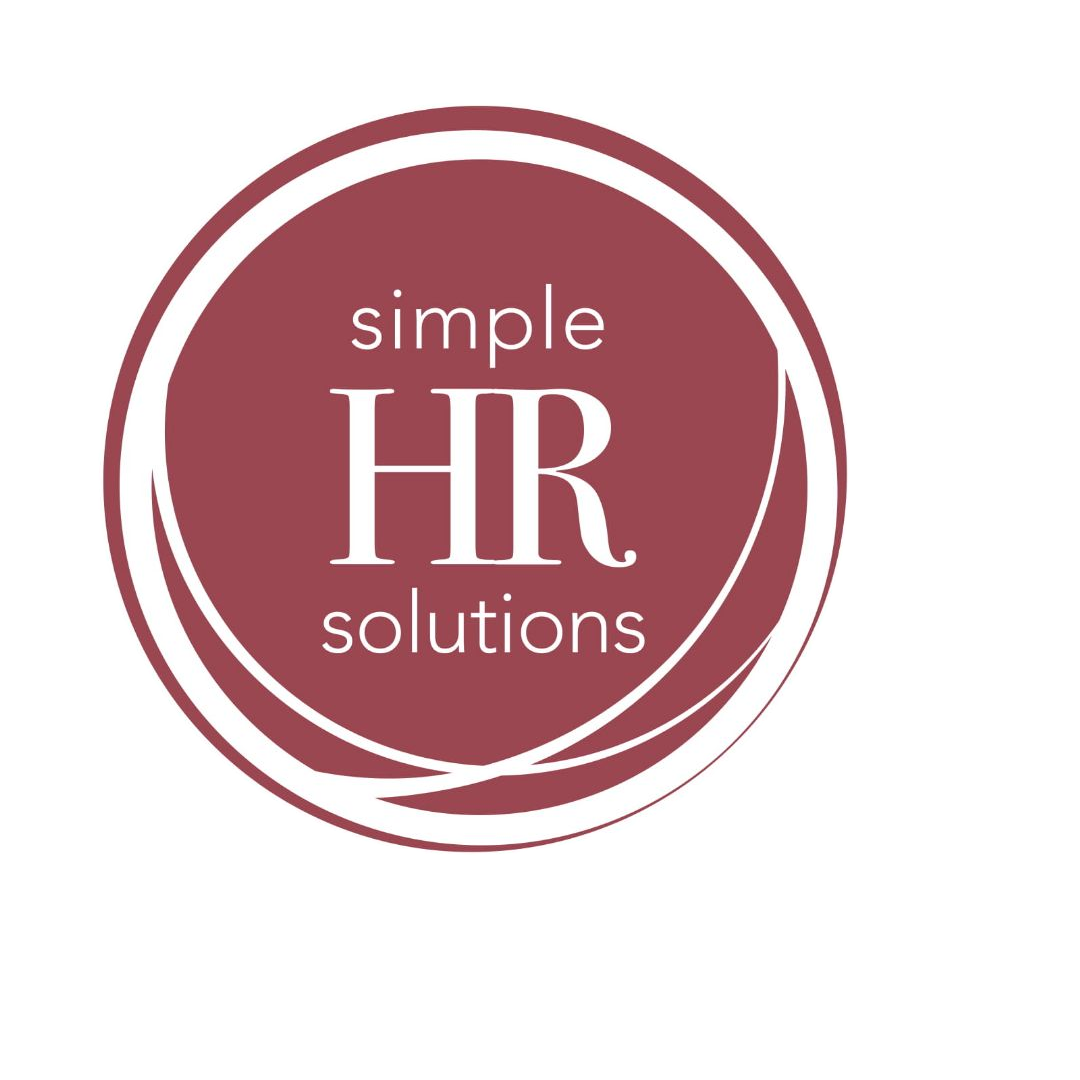2019 HR Compliance by the Numbers
January 9, 2019
$8.55/hour: Ohio’s New Minimum Wage
This increase is effective on January 1, 2019. For tipped employees, plan on adjusting wages to $4.30/hour. Have you updated your payroll?
$2,700/year: IRS’ New Health FSA Limit
As cafeteria plan sponsors know, the Affordable Care Act established the maximum limit on contributions to a health flexible spending account (Health FSA) at $2,500, as indexed for inflation. On November 15, 2018, the Internal Revenue Service (IRS) announced an increase to this limit. In Revenue Procedure 2018-57, the IRS set the Health FSA contributions limit at $2,700 for taxable years beginning in 2019.
Plan sponsors will need to review their plan documents to see if an amendment is necessary to implement this new limit. While some plan documents provide for an automatic increase of the plan limit in accordance with the IRS limit, other plans are “hardwired” with a flat dollar amount that is not indexed or tied to IRS guidance regarding the Health FSA limit.
Employers need to review all relevant participant communications, and make any necessary updates.
$2.45/person: The Increased Rate for the PCORI Fee
While we’re on the topic of benefits, as part of the Affordable Care Act, the fee to fund the Patient-Centered Outcomes Research Institute (PCORI) is rising in 2019, the applicable dollar amount is indexed each year.
Self-insured employers need to know that the IRS has recently released Notice 2018-8, stating that for plan years ending on or after October 1, 2018, and before October 1, 2019, the fee will be increased from $2.39 to $2.45 per covered member. This will be the used to calculate the amount payable in July 2019 (IRS Form 720.)
Good news: The 2018 plan year is the last year for which PCORI fees will apply. The program finishes this year.
+400%: The number of I-9 Audits Scheduled
From 2010 to 2013, ICE conducted more than 2,000 paperwork audits a year before falling to just above 1,000 audits annually from 2014 to 2016. The Trump administration quadrupled I-9 audits from 2017 to 2018.
ICE uses the I-9 inspection program to promote compliance with the law, part of a comprehensive strategy to address and deter illegal employment. In addition to arrests disrupting the workplace, employers were ordered to pay $10.2 million in civil penalties in 2018 for employing unauthorized workers, up from $7.8 million in 2017. The agency is in the process of hiring 60 additional auditors and is planning to conduct more direct outreach to employers, adopt new technology to speed up audits and create a centralized auditing center to streamline the entire process.
Are your I-9 Forms all up-to-date and compliant? Now is a good time for an internal audit.
March 4, 2019: 1095 Forms Deadline Extended
Internal Revenue Code requires applicable large employers (ALEs) to file information returns with the IRS and provide statements showing whether or not they offered their full-time employees health insurance coverage. ALEs can satisfy this requirement by completing Forms 1094 and 1095. The annual ACA reporting is required regardless of whether or not an ALE offered health insurance coverage.
On November 29, 2018, the IRS issued Notice 2018-94, extending the Affordable Care Act (ACA) 2018 deadline for providing individuals Form 1095-B, Health Coverage, and 1095-C, Employer-Provided Health Insurance Offer and Coverage. This is an automatic 30-day extension from the original due date of January 31, 2019, and employers and providers don’t even have to request it.


